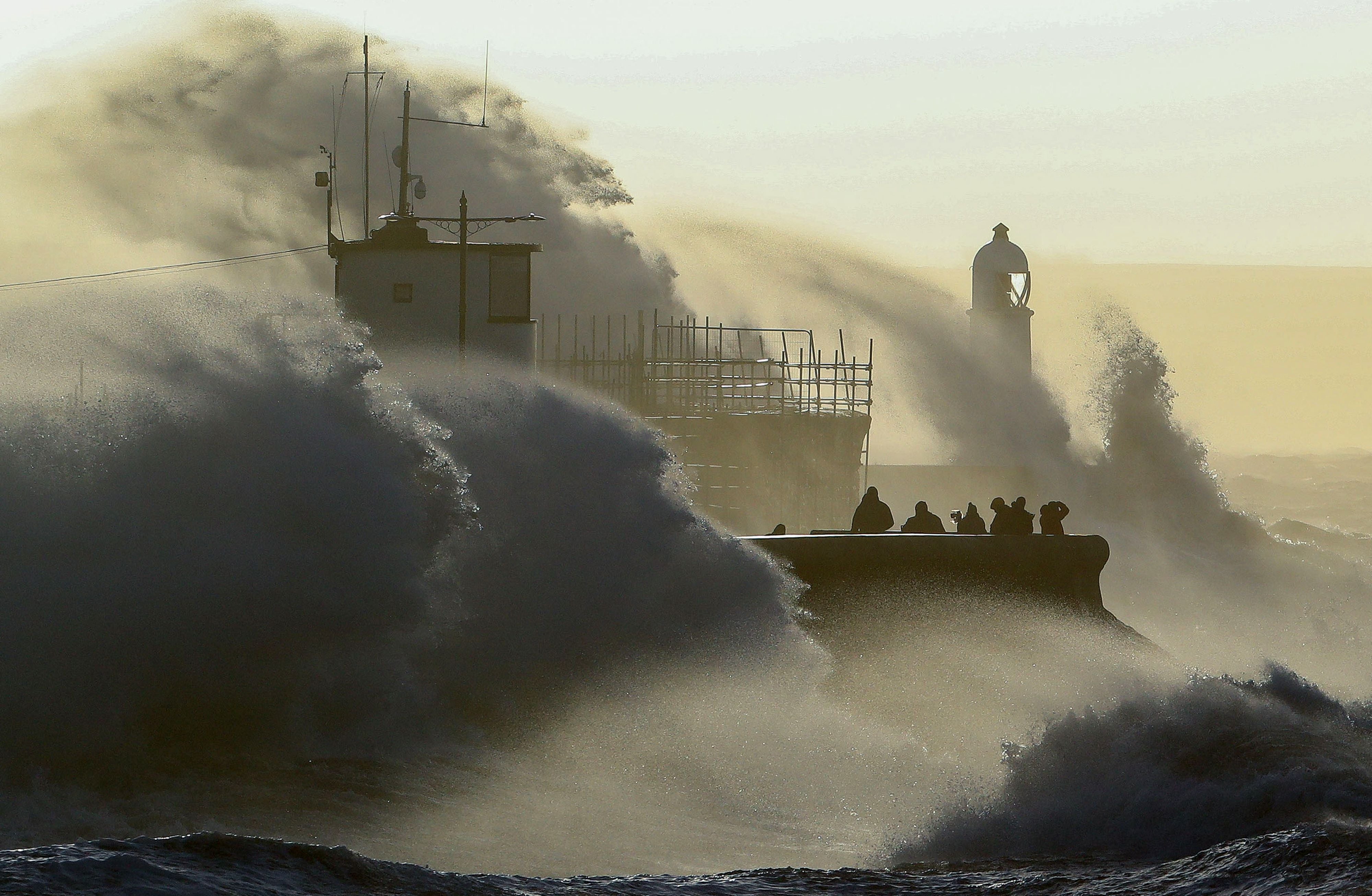Your support helps us to tell the story
From reproductive rights to climate change to Big Tech, The Independent is on the ground when the story is developing. Whether it's investigating the financials of Elon Musk's pro-Trump PAC or producing our latest documentary, 'The A Word', which shines a light on the American women fighting for reproductive rights, we know how important it is to parse out the facts from the messaging.
At such a critical moment in US history, we need reporters on the ground. Your donation allows us to keep sending journalists to speak to both sides of the story.
The Independent is trusted by Americans across the entire political spectrum. And unlike many other quality news outlets, we choose not to lock Americans out of our reporting and analysis with paywalls. We believe quality journalism should be available to everyone, paid for by those who can afford it.
Your support makes all the difference.Wind energy generated a staggering 42 per cent of all electricity in Great Britain on Friday morning as Storm Eunice battered the coastline.
Millions have been urged to stay at home as the Met Office issued a red “danger to life” warning across parts of the country including London.
But one silver lining from the Eunice's strong winds has been a major surge in electricity generated at wind farms.
National Grid figures reported at 8.30am showed wind as by far the largest electricity source in Great Britain at 42 per cent.
Fossil fuel natural gas was the second biggest generator at 22 per cent, and nuclear third at 15 per cent.
Ten per cent of energy was supplied from imports over interconnectors, while 5 per cent was from biomass.
Hydropower accounted for 3 per cent of generation, solar 2 per cent, and coal burning 1 per cent.
The 42 per cent figure for wind – 14.4 gigawatts in total – compares with the renewable resource generating an average of 19.3 per cent of electricity across the year.
Wind is however highly seasonal and over the past month it has accounted for a healthy 31.2 per cent of generation.
Winds at speeds of up to 120mph have battered the British isles and the storm is expected to cause widespread disruption to transport, and may cause power blackouts and other problems.
More than 50,000 homes in Ireland, mostly in the south and west of the country, were left without electricity on Friday morning as Eunice swept in from the Atlantic.

Join our commenting forum
Join thought-provoking conversations, follow other Independent readers and see their replies
Comments